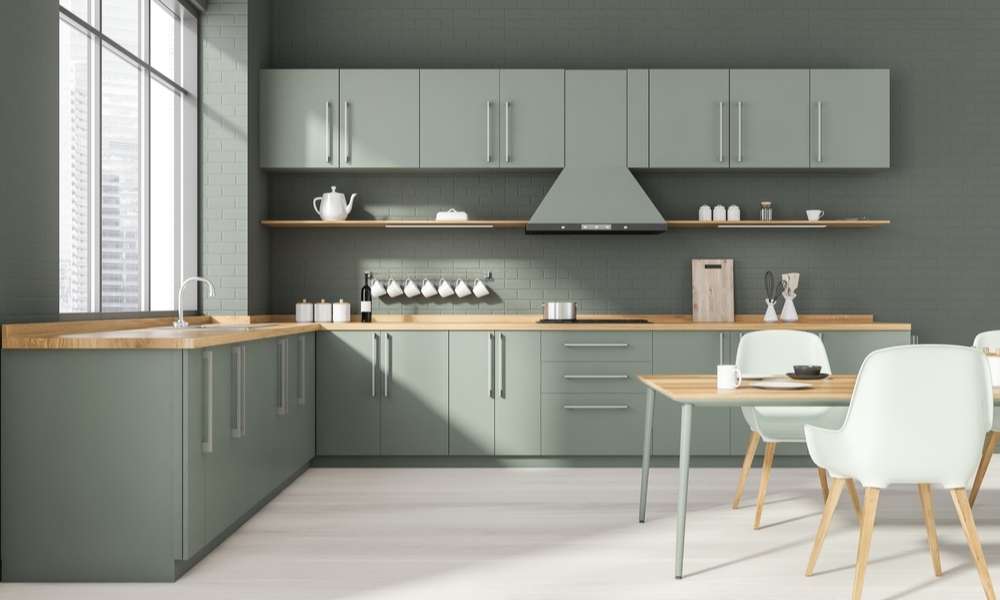You’ve probably heard it a million times before, but the truth is, ants will always find a way in your home. They can climb anything and they are not afraid of your walls or furniture. You might feel like they are an enemy, but they are actually a welcome guest. Get rid of the ants in the kitchen by following these simple steps. Once they are inside, they will be all over your food, your utensils, and your dishes. You might think that you can’t stop them from getting in, but you are probably wrong. Here are some tips on how to get rid of ants in the kitchen: Reduce their access. Walls can be covered with wood, provide a cupboard under the cabinets, or paint them white to keep them out.
Clean up. Disposal lids can be locked, trash cans can be covered, and garbage cans can be emptied frequently.
Keep the temperature low. They love to sleep in warm places and will not venture out in the heat. Use over-the-door basins to keep them out of your kitchen.
Getting rid of ants in the kitchen is not as difficult as you think. Keep reading to know how!
Eliminate Ants Food Source

Ants are attracted to sugar and carbohydrates, so avoid giving them any food source. Sugar and corn syrup are the main sources of sugar for ants, so eliminate these from your home. Keep out of reach from children and do not feed pets.
Block Ants Entry Points
Keep ants out of the kitchen by blocking entry points. Remove the food source and any tempting objects close to the feeders. You can also cover open areas like the garage or the basement with wood. If you have an outdoor area, the wooden gates will help keep out the ants.
Use Ant Barrier
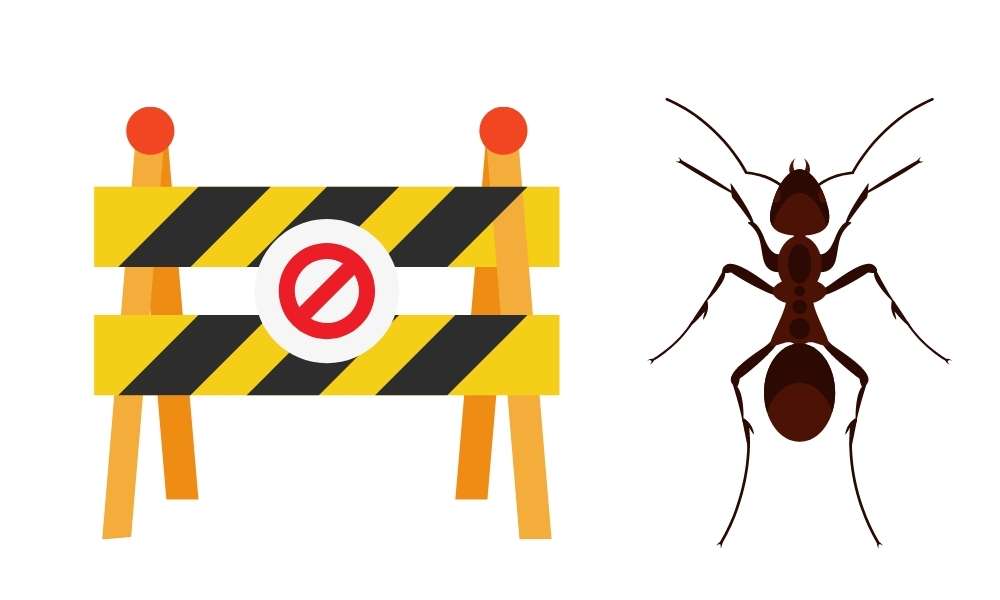
Ant barriers are devices that look like large plastic bags with perforations. The bags are filled with water and ant bait, and then placed in strategic locations around the house. These bags can be hung from trees or walls, or placed on the ground to prevent ants from getting in.
Use Tick Spray
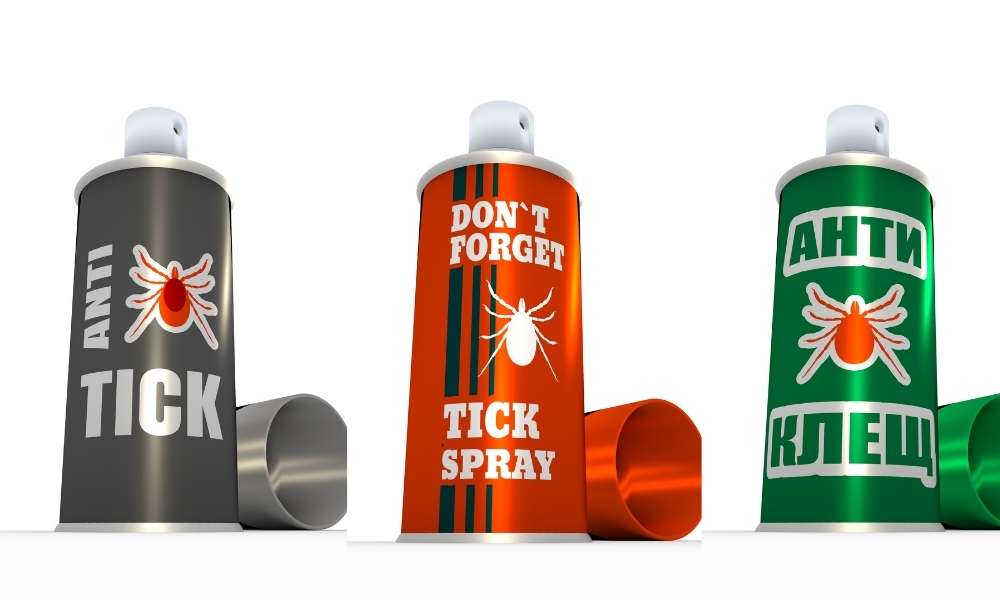
Tick Spray is a natural product that repels ticks and their bites. You can purchase it at pharmacies or online. Put the spray where you think you might get bit, and make sure to cover your shoes, too.
Use Natural Anti-Ant Sprays
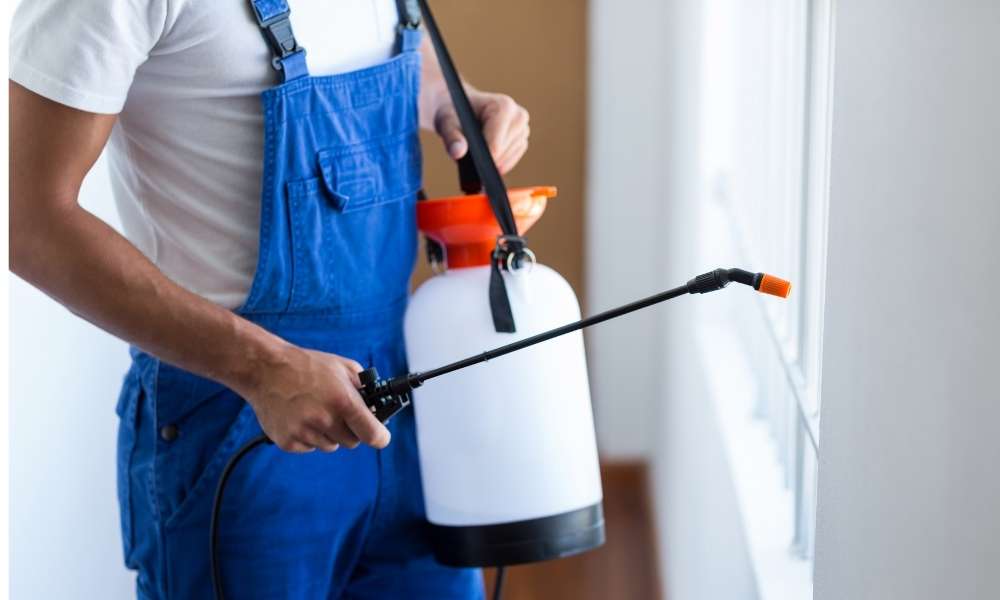
You can purchase ant bait at department stores or online. There are many different types of bait, and you can find the one that works best for your location and the number of ant species in your area.
Natural and Homemade Products You Can Use
You can also make your own ant bait by putting sugar in a plastic bag and filling it with water. The sugar will draw the ants and the water will repel them from the bag.
Diatomaceous Earth
If you do not live in an area with a lot of ant species, diatomaceous earth is a very effective way to get rid of ants in the kitchen. This is a natural mineral that looks like small crystals and is used as a fence in landscape design and to exclude certain species of plants. You can purchase diatomaceous earth online or at garden centers. Put a small amount of diatomaceous earth in a plastic bag and poke a few holes in the bag. Place the bag in strategic locations around the house where you think you might get an ant problem.
Use Boiling Water
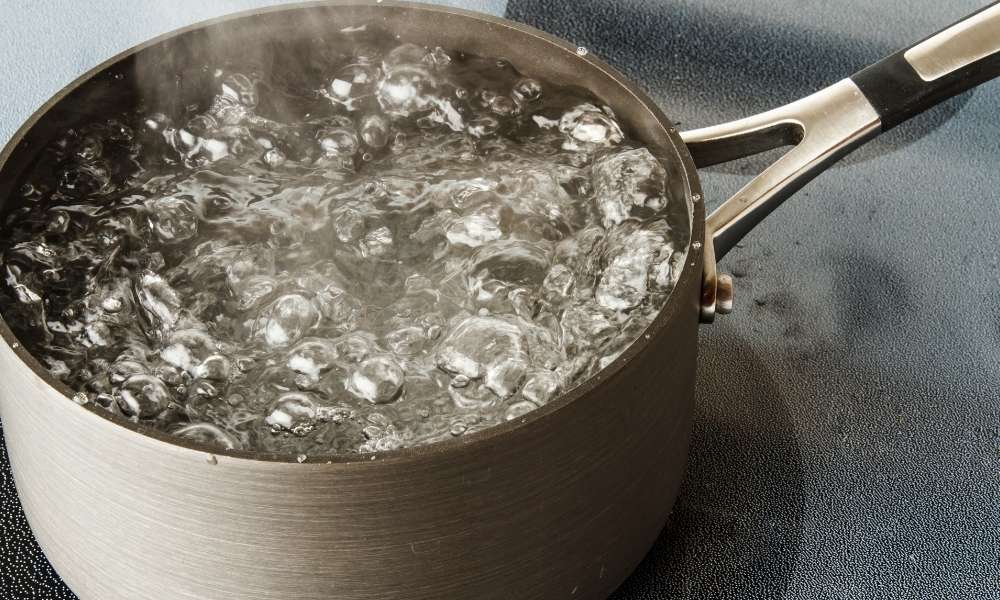
If you have an outdoor kitchen, you can use the boiling water method to get rid of ants in the kitchen. Place a pan with a lid on the outdoor table or chairs. The heat from the sun will dry the leaves and spines of the plants, keeping the ants from eating your food.
Use Pepper
Pepper has a strong smell that you think will repel ants, but it actually attracts them. Toss some pepper in a backpack with some sugar and you will have a powerful ant bait. Place the pepper around the house where you think you have problems.
Use Hand Soap

If you are not able to use pepper or other strong smelling substances to get rid of ants in the kitchen, you can try using hand soap. Place the soap where you think you have problems, and put a few dishes in a basin to attract ants.
Use Natural And Organic Products
The ingredients in natural and organic products are often stronger than commercial products, so you might want to look for alternatives. Detrol is a natural chemical that is similar to boron, arginine, and zinc. It will stop the growth of ants and other insects, but it does not come cheap.
Use Hand Soap To Get Rid Of Ants In The kitchen
Soap works better than anything else I have ever used. It is non-toxic, leaves no residue, and is somewhat cheap. Plus, it is a proven ant killer. Here’s how you can use soap to get rid of ants in the kitchen: Scrub ant trails out of your kitchen. This is important because the ants will go in the milk and get their fat replaced by milk fatness. Once the trails are gone, you will know the ant has been eliminated from your kitchen.
Use baking soda to get rid of ants in the kitchen. Although it may sound like a good idea to spray baking soda all over your house, doing so could cause toxic chemicals to get into your water supply. To get rid of ants in the kitchen, use a different approach.
Use Borax To Get Rid Of Ants In The kitchen
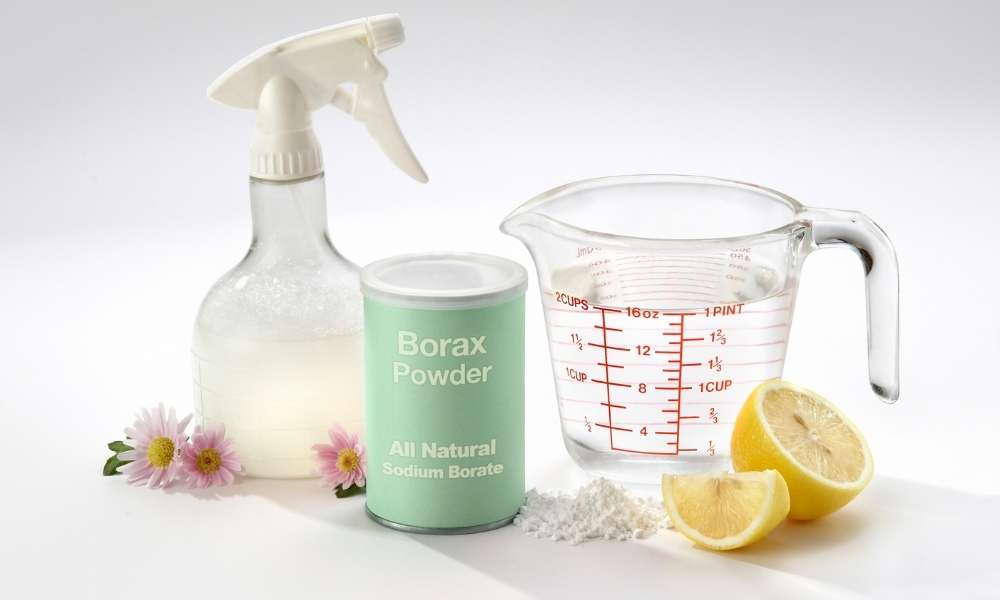
Borax is nontoxic, biodegradable, and can be used in many household and agricultural applications. It is a natural mineral found in many plant and animal species. It can be used to get rid of ants in the kitchen in many different ways. Here are four uses for borax in kitchen ant control: To reduce the sugar in your home’s food. Just add a couple of drops to a glass of water and enjoy the tasty treat. To help rid your kitchen of odor. Sprinkle the borax around and in your cabinets, refrigerator, and drawers. To keep your house from getting too cold. Place a couple of drops in a plastic bag and tie it shut. This bag will keep your house from getting too cold and causing mold.
Final Thought
Look out for these signs to see if you are having ant problems in the kitchen. If you are, the best way to get rid of ants in your kitchen is to use a hand soap. Soaps are not only good for your skin, but for your kitchen! They will get rid of the bad odor, clean your counters and cabinets, and leave your house looking great. Store-bought hand soaps may be too expensive, but you can make your own at home for only a few cents per liquid. You can even add essential oils such as lavender, chamomile, peppermint, or lemon to make your hand soaps even more effective.




